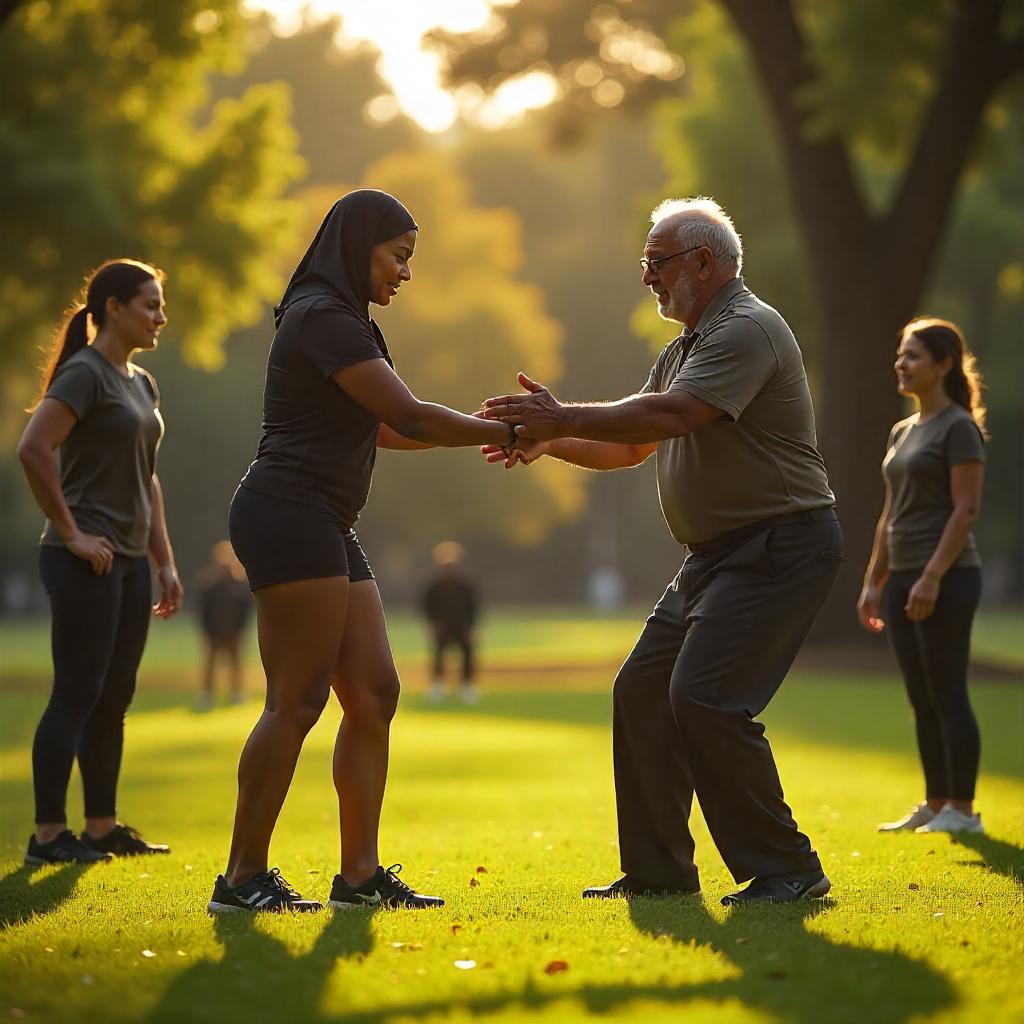Elder caregiving training guides are essential resources designed to equip caregivers with the knowledge, skills, and techniques necessary to provide quality care to seniors. These guides cover various aspects of elder care, from daily assistance with personal needs to managing complex medical conditions. They are beneficial for professional caregivers, family members, and anyone involved in elder care.
Why Caregiving Training is Crucial
- Improves Quality of Care
- Training guides ensure caregivers understand best practices in elder care, leading to improved health outcomes and quality of life for seniors.
- Builds Confidence in Caregivers
- A structured guide helps caregivers feel more prepared to handle daily tasks and unexpected situations.
- Addresses Diverse Needs
- Seniors may have varied requirements, including physical, emotional, and medical support. Training helps caregivers adapt to these needs effectively.
- Promotes Safety and Compliance
- Caregivers learn how to prevent accidents, recognize health emergencies, and follow legal and ethical standards in caregiving.
Key Topics in Elder Caregiving Training Guides
- Fundamentals of Elder Care
- Understanding the aging process and its impact on physical and mental health.
- Building effective communication skills to interact with seniors and their families.
- Developing patience, empathy, and compassion in caregiving.
- Daily Living Assistance
- Techniques for helping with bathing, dressing, grooming, and toileting while preserving dignity.
- Meal preparation tailored to seniors’ nutritional needs.
- Assisting with mobility, including transferring, walking, and using mobility aids.
- Health Monitoring and Basic Medical Care
- Checking vital signs, such as blood pressure, heart rate, and temperature.
- Identifying signs of common senior health issues like diabetes, arthritis, or cardiovascular diseases.
- Administering medications safely and accurately.
- Cognitive Support for Seniors
- Understanding conditions like dementia and Alzheimer’s disease.
- Techniques for managing memory loss, confusion, and sundowning symptoms.
- Activities and therapies to promote cognitive stimulation and mental engagement.
- Emotional and Social Support
- Recognizing signs of depression, anxiety, or loneliness in seniors.
- Encouraging participation in social activities and hobbies.
- Providing emotional reassurance and fostering positive relationships.
- Safety and Emergency Preparedness
- Fall prevention strategies, such as securing rugs and using grab bars.
- Responding to emergencies like falls, choking, or sudden illnesses.
- Developing and implementing an emergency action plan.
- Legal and Ethical Considerations
- Understanding the caregiver’s responsibilities and rights.
- Following confidentiality and privacy regulations.
- Respecting seniors’ autonomy and personal choices.
- Self-Care for Caregivers
- Strategies for managing caregiver stress and preventing burnout.
- Building a support network and seeking professional guidance when needed.
- Time management and maintaining a healthy work-life balance.
Formats of Elder Caregiving Training Guides
- Printed Manuals and Workbooks
- Step-by-step guides with illustrations and checklists.
- Practical exercises and quizzes to reinforce learning.
- Online Courses and E-Learning Platforms
- Interactive modules covering essential caregiving skills.
- Video tutorials and live webinars with expert instructors.
- Certification programs for professional development.
- Workshops and Seminars
- Hands-on training conducted by healthcare professionals.
- Opportunities to practice caregiving skills in real-life scenarios.
- Mobile Apps and Digital Tools
- Accessible guides for on-the-go learning.
- Features like reminders, medication trackers, and emergency resources.
Benefits of Using Training Guides
- Professional Development: Guides help caregivers enhance their expertise and credibility in the field.
- Standardized Care Practices: Promotes consistency and adherence to high standards of elder care.
- Empowerment for Family Caregivers: Provides family members with the tools to care for their loved ones confidently.
- Enhanced Senior Well-Being: Leads to improved physical health, emotional comfort, and overall quality of life.
How to Access Elder Caregiving Training Guides
- Local Organizations: Community centers, hospitals, and elder care nonprofits often provide free or affordable training resources.
- Professional Agencies: Caregiving agencies may offer training guides tailored to their caregivers’ roles.
- Online Platforms: Websites and e-learning platforms like Coursera, Udemy, and Red Cross offer comprehensive caregiving courses.
- Government Programs: Many public health departments provide free training materials and workshops.
Elder caregiving training guides are invaluable in fostering skilled, compassionate, and knowledgeable caregivers who can meet the unique challenges of elder care.
